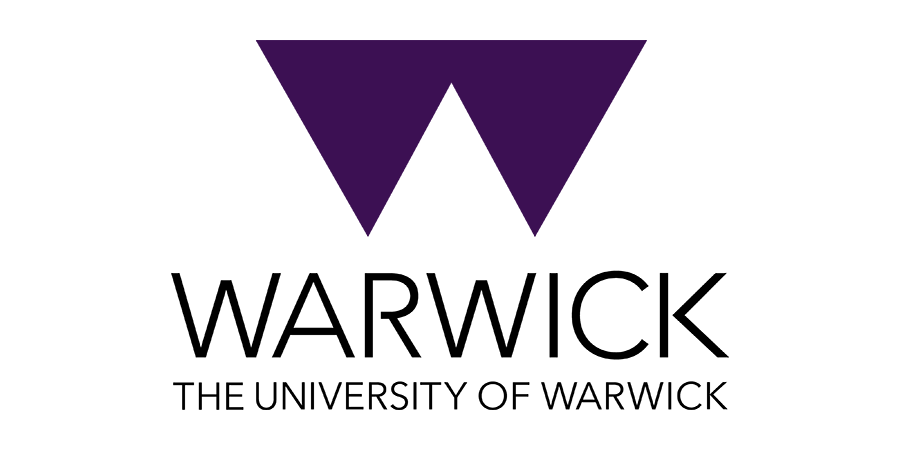PhD Studentship: Machine Learning-Driven Molecular Simulations of Gas Transport in Polymeric Materials
University of Warwick - Centre for Doctoral Training in the Modelling of Heterogeneous Materials (HetSys) - Department of Engineering
| Qualification Type: | PhD |
|---|---|
| Location: | Coventry, University of Warwick |
| Funding for: | UK Students |
| Funding amount: | Standard UKRI rate |
| Hours: | Full Time |
| Placed On: | 22nd January 2025 |
|---|---|
| Closes: | 1st June 2025 |
| Reference: | HP2025/003 |
Supervisors: Prof. Gabriele Sosso, Dr Lukasz Figiel, Prof. James Kermode
Project Partner: AWE-NST
This project utilises advancing machine learning techniques for simulating gas transport in polymeric materials, via a collaborative effort with our project partner AWE-NST.
Background: Polymeric materials are essential in various high-tech industries, such as packaging, membranes for gas separation, fuel cells, and batteries. However, understanding their behaviour, particularly with respect to gas transport, remains a significant challenge. In disordered polymer systems like glassy polymers, gas diffusion often deviates from ideal Fickian behaviour, following complex, system-dependent mechanisms that are poorly understood. These materials also undergo aging, which affects their structural and transport properties over time. Simulating these processes is computationally demanding, as it requires large time and length scales, and existing classical models fail to capture the intricate interactions between gases and polymers. Additionally, electronic structure calculations, though rather accurate, are too resource-intensive for large-scale simulations over extended periods. To address these challenges, this project aims to apply the innovative machine learning MACE framework. MACE allows for more efficient simulations by using machine learning to capture the underlying physics of gas transport, offering a balance between accuracy and computational efficiency, while also enabling the modelling of aging effects in polymer systems.
Objectives: The primary objective of this project is to develop an advanced MACE potential for simulating gas transport in polymeric systems, addressing both diffusion and solubility properties. The student will fine-tune existing MACE models to improve their precision and transferability, making a new model which is suitable for a variety of polymer systems. This will involve integrating molecular dynamics simulations, electronic structure calculations, and machine learning techniques to develop accurate models that capture the complexities of aging and material degradation. Furthermore, the project will focus on incorporating uncertainty quantification into the models to ensure their reliability in predicting long-term material performance. Ultimately, the goal is to provide a computational tool capable of simulating the behaviour of polymeric materials under real-world conditions, helping to inform the development of more reliable and durable materials for various applications.
Find out more: https://warwick.ac.uk/fac/sci/hetsys/themes/projects2025
Please note that due to the nature of our project partner's work, nationality restrictions apply to applications for this project.
About us:
The EPSRC Centre for Doctoral Training in Modelling of Heterogeneous Systems (HetSys), based at the University of Warwick, offers an exceptional opportunity for students from physical sciences, life sciences, mathematics, statistics and engineering backgrounds who are passionate about applying their mathematical expertise to tackle complex, real-world problems.
By fostering these skills, HetSys trains the next generation of experts to challenge the cutting-edge of computational modelling in diverse, heterogeneous systems. These systems span a wide range of exciting research areas, including nanoscale devices, innovative catalysts, superalloys, smart fluids, space plasmas, and more.
HetSys offers a vibrant and supportive research environment, ideal for nurturing creativity and academic growth. Our interdisciplinary student community spans multiple cohorts, each at different stages of their PhD journey, creating a rich, collaborative atmosphere.
Funding Details
Additional Funding Information
Awards for both UK residents pay a stipend to cover maintenance as well as paying the university fees and a research training support. The stipend is at the standard UKRI rate.
For more details visit: https://warwick.ac.uk/fac/sci/hetsys/apply/funding/
Advert information
Type / Role:
Subject Area(s):
Location(s):









